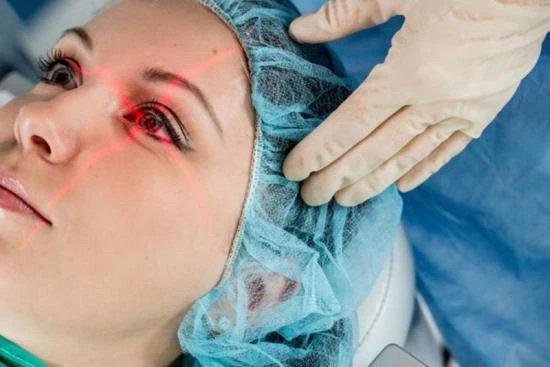The iris, the thin, colored membrane that surrounds the pupil, plays an essential role in regulating the light that enters the eye through the pupil. When damaged or misshapen, it can lead to serious vision problems or even the onset of glaucoma.
Iris surgery in Turkey offers an advanced and precise solution to restore the function and aesthetics of the iris. Performed by experienced specialists in state-of-the-art clinics, this procedure allows for the reconstruction or repair of the iris while ensuring safety, comfort, and optimal results.
Iris repair surgery in Turkey: Costs & Reviews
The cost of iris repair surgery in Turkey varies depending on the type of defect being treated (such as iris deformity, injury, infection or tumor) and the technique chosen.
At Turquie Santé, we put you in touch with the best ophthalmology clinics in Turkey, known for their expertise, cutting-edge technology and competitive prices. Our partner facilities also offer treatment for common eye conditions such as glaucoma and cataracts, as well as cosmetic procedures such as eye color changes.
To help you make the best choice, we provide authentic reviews from patients who have already been treated. You can read about their experiences and see the results they achieved.
Contact our consultants today to schedule your iris surgery in Turkey and benefit from quality care at competitive prices.








